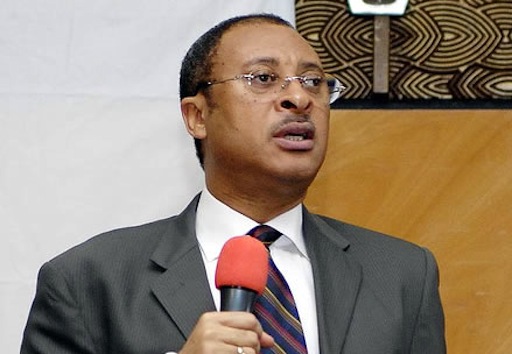- Utomi bemoaned the parlous and troubling state of the nation.
As part of effort to wrest power from the All Progressives Congress (APC) in 2027, three leading presidential candidates in the last general election have agreed to form a mega party, a political economist, Professor Pat Utomi has disclosed.
The presidential candidates are Atiku Abubakar of the Peoples Democratic Party (PDP), Peter Obi the Labour Party (LP), and Rabiu Kwankwaso the New Nigeria People’s Party (NNPP).
Speaking on Channels Television on Sunday, Utomi bemoaned the parlous and troubling state of the nation.
He asserted that Nigeria had never had any real political party since 1999, noting that what the country had done was creation of platforms that made it easy for people to grab power for purpose of state capture.
He said, “It’s a really clean start. You have to start from the premise that Nigeria has not had a political party since 1999. And let’s be very honest with ourselves. What we have managed is to create platforms that enable machine politics from which to grab power, usually for the purpose of state capture. If you will want to test that, check how much the quality of life of a Nigerian has improved since 1999.
“It’s frightening but the truth is a matter that in 1999, a political class managed to build a certain coalition of accommodation to keep the military out and share the spoils of power in Nigeria and somehow did not manage to create an alignment with the Nigerian people to improve the quality of their lives. This is why you can see Nigeria deteriorating, becoming the poverty capital of the world, becoming the centre of widespread violence everywhere.
“And if you want to take some clear examples, I want anybody who is a political scientist, or economist in Nigeria to look at where India was in 1999 and where Nigeria was in terms of mood, violence in politics, the quality of life of people and where they both are today in Nigeria versus India.
“In 1991, India was technically bankrupt. Foreign Reserves could not accommodate more than three weeks of trading. What has happened since 1999 is that India’s politics has managed to focus on the rational engagement of a developmental state.
“If you look at the numbers today, India is now speeding past the so-called miracle economies of South-East Asia. Nigeria, on the other hand, has been traveling in the reverse direction. What better explanation can there be than the fact that Nigeria has not managed to organise the structures for political participation that can focus on the Nigerian people and lift their lives?”
